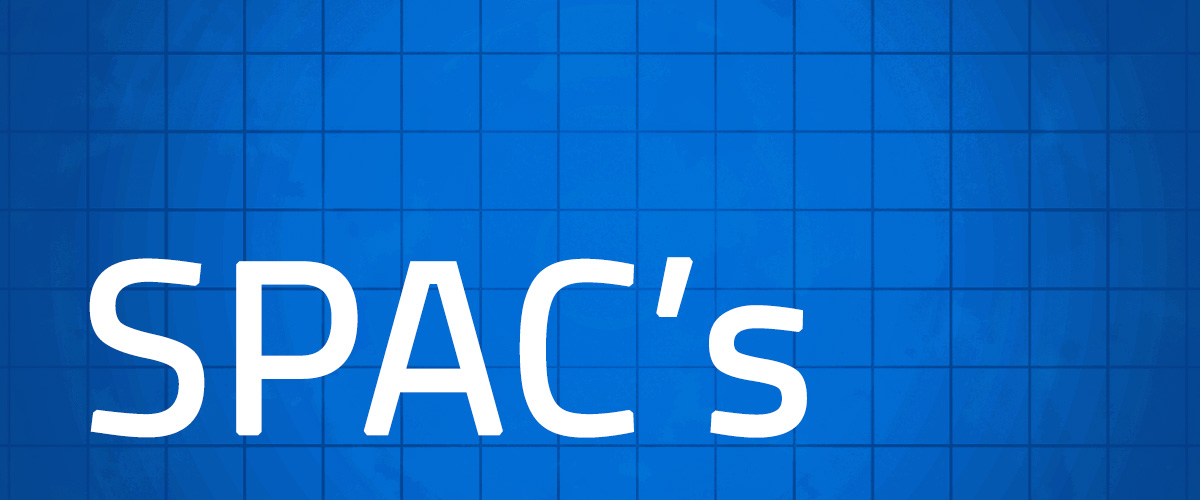
A Special Purpose Acquisition Company (SPAC) is a company set up by investors (SPAC sponsors) with the sole purpose of raising money through an initial public offering (IPO) to acquire another company. In short, a SPAC has the “special purpose” of solely raising money to “acquire” another company, but does not make any products or sell anything itself.
Rather than go through the very long traditional IPO process with the SEC (up to half a year), a SPAC offers an alternative of going “public” within months by offering low price shares. These shares are offered to other investors to raise the capital necessary to acquire a private company to merge with the SPAC. Sponsors are betting on this acquisition to increase the value of shares for the newly combined entity–thus making a profit for investors and sponsors alike.
In return, investors in SPAC’s have the ability to earn interest on their money through what is called a “trust account” which is held by the SPAC. Their dollars will accrue to acquire a target private company within the span of two years. When the target private company is finally acquired by the SPAC, investors may choose to sell their shares in return for the interest earned in the trust account, plus their original investment. Or, investors can continue to hold their shares of the newly combined entity at their new market value. However, if a company is not acquired within the specified time frame, the SPAC itself is liquidated, and investors have their money returned along with the interest earned from the trust account.
Key Considerations:
- Who are the SPAC Sponsors? Management expertise is critical.
- What is the target company selected for acquisition? The target company is often unknown until selection and/or after an initial “IPO” investment.
- What is your appetite for risk as an investor? SPAC’s tend to be higher risk investments for all the reasons mentioned above.



